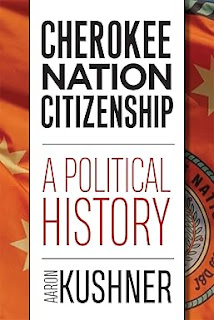
Her entry begins:
I lean toward fiction that tells a great story while also digging into the essential truths of what it means to be human. But no soapboxing, please!About American Sky, from the publisher:
I recently finished Martyr, a moving, gorgeous book by Kaveh Akbar that explores the immigrant experience, addiction, death and loss, finding true love, the power of dreams and art—I could go on. And the ending! Absolute apocalyptic brilliance.
Periodically, I try to fill the gaps in my “classics” education....[read on]
Three generations of indomitable women navigate life on their terms in an epic and inspiring historical novel about love and war, family secrets, and mothers and daughters finding the freedom to fly.Visit Carolyn Dasher's website.
It’s 1943. The war rages. The newly launched WASP program is recruiting. And barnstormer fan Georgeanne “George” Ector’s dream is to take to the skies. Grit is what she inherited from her mother, an Oklahoma farm girl at the turn of thecentury who preferred taking apart an engine to stitching linens for a hope chest. She taught her daughter well. George isn’t the only woman about to follow her calling.
Vivian Shaw, so similar to George they’re like sisters, also longs for a career flying the fastest planes in the American arsenal. For a time, George and Vivian triumph. But at war’s end, the adventurous women are grounded by the expectations of others: to get married, have children, and raise a family. Vivian has other plans. So, eventually, do George’s daughters, Ruth and Ivy, who embark on very different paths of their own.
Three generations of women staring down a vast horizon of possibilities are determined to navigate whatever comes their way―from the hardships of war and home to love and loss, and to the fallout of a long-held secret that could change their lives forever.
Q&A with Carolyn Dasher.
The Page 69 Test: American Sky.
Writers Read: Carolyn Dasher.
--Marshal Zeringue













.jpg)





















.jpg)





